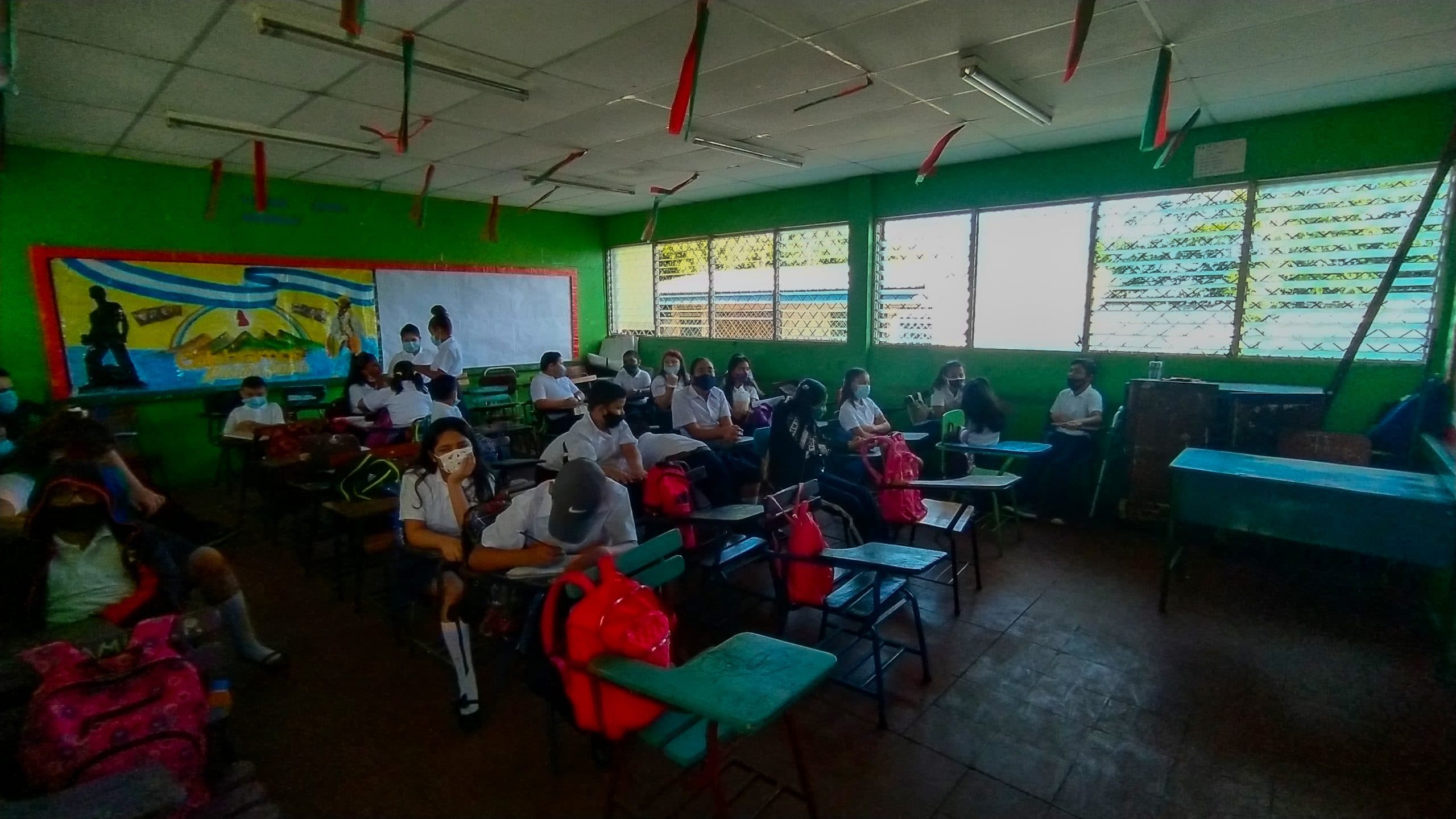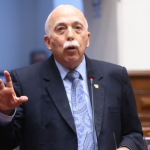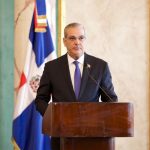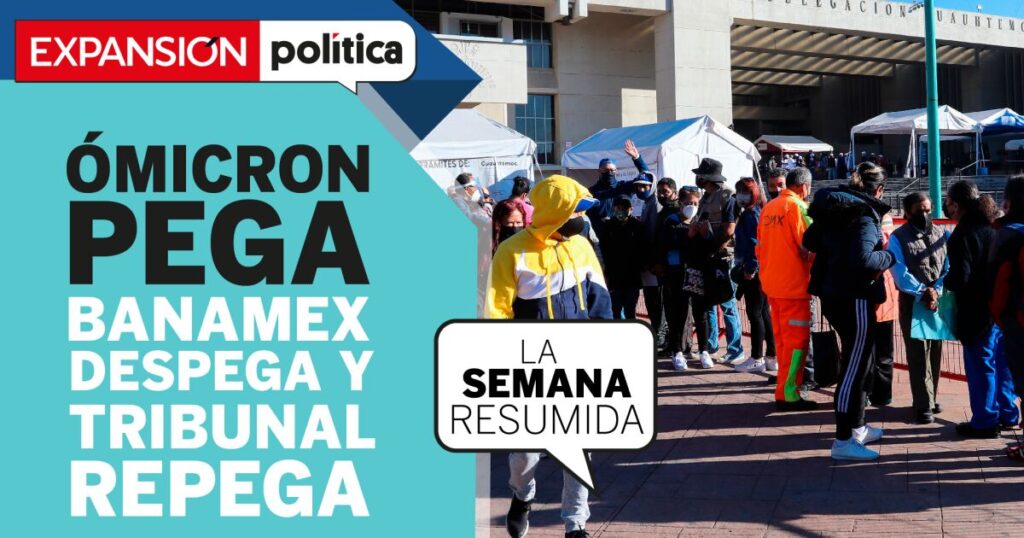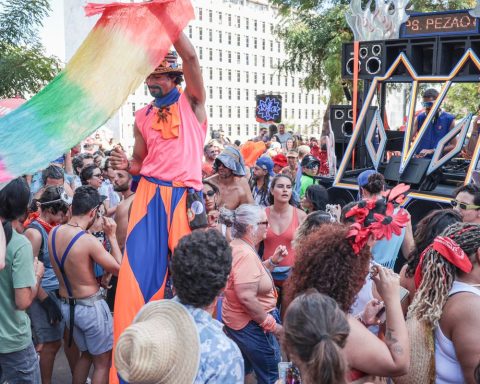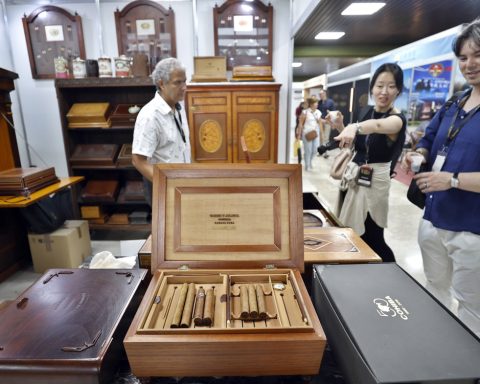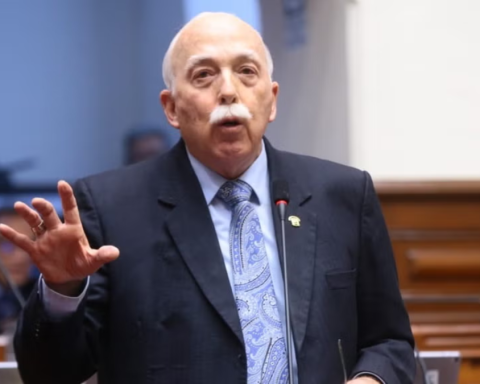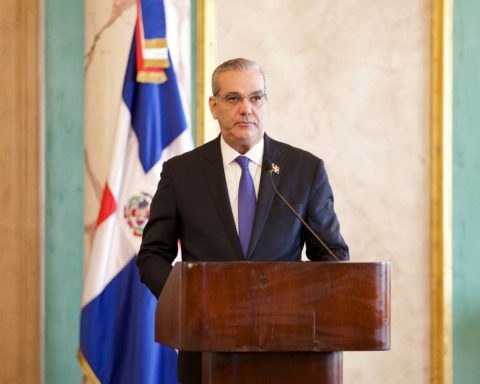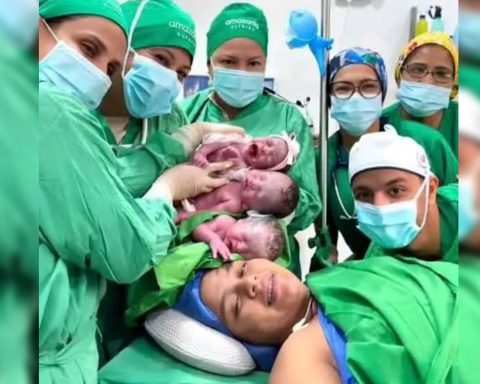At least a dozen private schools will return to face-to-face classes in full this 2022; While others are still evaluating the decision to abandon bimodality — face-to-face days and others online — which they adopted in 2021 to reduce the spread of COVID-19 infections among their student communities. The return to classes for private schools is scheduled for late January or early February.
Although Nicaragua refused to suspend face-to-face classes in the public education system due to the coronavirus, private schools chose to continue classes online. However, in this third year of the pandemic, for the most part, they are committed to returning to the presence.
The Nicaraguan German School assured that students will study “one hundred percent face-to-face”, just like the Nicaraguan Hispanic School. Along the same lines, the Nicaraguan Chinese School and the Central America School will begin the school year with face-to-face classes, with the exception that if the coronavirus situation changes, they will opt for another study modality.
In the case of Colegio Teresiano, high school students will attend three times a week, while the rest of the grades will attend daily.
Other schools such as La Salle and Pureza de María will maintain the bimodal system. The María Mazzarello normal school and the Enrique de Ossó school have not yet made a decision about their study system, confirmed a monitoring carried out by CONFIDENTIAL and consultations with parents.
Doctors ask for “prudence”
The announcement of the return to classes occurs at the same time that cases of omicron infections have been detected in neighboring countries, while in Nicaragua the Ministry of Health (Minsa) is silent about the behavior of the pandemic, its variants and the potential impact of a third regrowth.
The measure must be taken with “prudence“, explains the pulmonologist, Jorge Iván Miranda, who fears that the beginning of classes coincides with the “peak of the rebound“.
In May 2021, several of the private study centers suspended face-to-face classes due to the appearance of suspected and confirmed infections of covid-19 among its educational community. The same happened in public schools, with the difference that instead of preventing, they tried to hide it, teachers confirmed under anonymity.
The risk of a third outbreak weighs on returning to classes, warned by independent doctors, who have already started to notice a slight increase in infections with characteristics associated with the variant omicron, which already circulates in three Central American countries.
Strengthen vaccination in minors
The country also faces a “so low vaccination rate in boys“Miranda warns. Nicaragua began vaccinating children from two to 17 years old on last October 25, In the midst of an atmosphere of mistrust among the parents of families, who had to decide or not to inoculate their children with the Cuban sera Soberana and Abdala, whose scientific information is scarce.
The data from the Ortega regime indicate that 62% of children between the ages of two and eleven have been vaccinated against the pandemic as of early January 2022. The range is 72% in the group of adolescents from 12 to 17 years old. And in general, 79% of the population. But the Pan American Health Organization (PAHO) differs and points out that the 46.8% of the country’s population.
The official figures are very brief and do not detail what percentage of these vaccinated correspond to first doses, second or boosters. Precisely “the lack of confidence in vaccines” intended for the age group in which the schoolchildren are found has affected that many have not yet been inoculated against the coronavirus, explains the pulmonologist.
“The vaccination of children with proven effectiveness and safety vaccines such as Pfizer and Moderna must be guaranteed,” the specialist demands. The Minsa designated the use of Pfizer for pregnant women, puerperal women, infants, and children with chronic conditions.
For the epidemiologist Leonel Argüello, if vaccination does not reach 80% of the population, “they will easily continue to become infected. Unfortunately for Cuban vaccines we have not yet seen published results of safety and efficacy. And to put a barrier to the omicron variant, you need the vaccine booster ”.
Reinforce prevention protocols in schools
Both specialists agree on the importance of strengthening prevention measures in schools to avoid more infections, and much more, after the risk involved in the appearance of omicron. It continues to spread worldwide, displacing other variants of concern and generating new waves of cases.
At the end of last week, the Centers for Disease Control and Prevention (CDC) of the United States, indicated that although hospitalization rates increased for people of all ages, after the arrival of omicron, pediatric admissions were “They are at the highest rate compared to any previous point in the pandemic.”
“We are seeing hospitalization rates increasing for children ages zero to four, children who are not yet eligible for the covid-19 vaccine. We are still learning more about the severity of omicron in children, “said CDC Director Dr. Rochelle Walensky at a news conference.
In Nicaragua, it is unknown how hard the coronavirus has hit minors. There are no data on the level of contagion or severity of the cases. However, for Miranda it should not be ruled out that in the face of an upturn in omicron infections, hospitalizations in children will also grow.
He points out that among the conditions for a safe return to class is the “use of efficient masks or double masks, promote distancing and very good ventilation in classrooms, avoid conglomerates in closed places.”
For Argüello, it is necessary “to be more rigorous with the protocols of the schools and a greater demand from the authorities and parents to achieve a healthy environment.”
It is also key that the level of transmission of the disease in the community and the local vaccination coverage be evaluated. Laboratory tests should be made available to students and school workers, recommends the epidemiologist.
I know expects 1.8 million students return to schools in two weeks, but to date, neither the Ministry of Education nor the Ministry of Education have reported what measures they will take if the country suffers a third wave of cases again.
